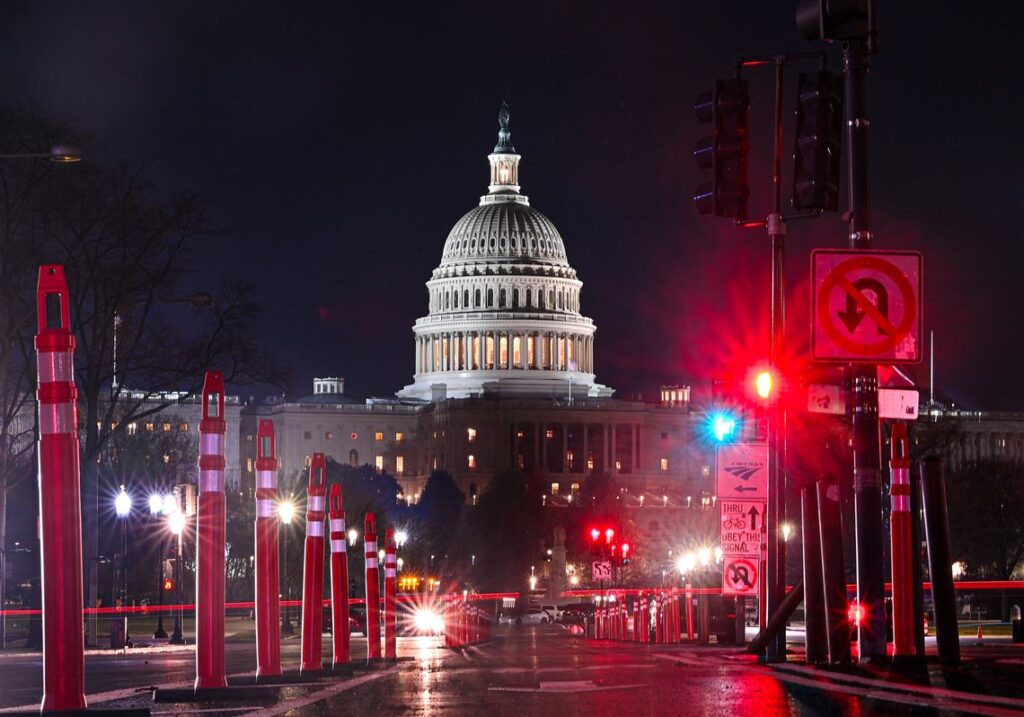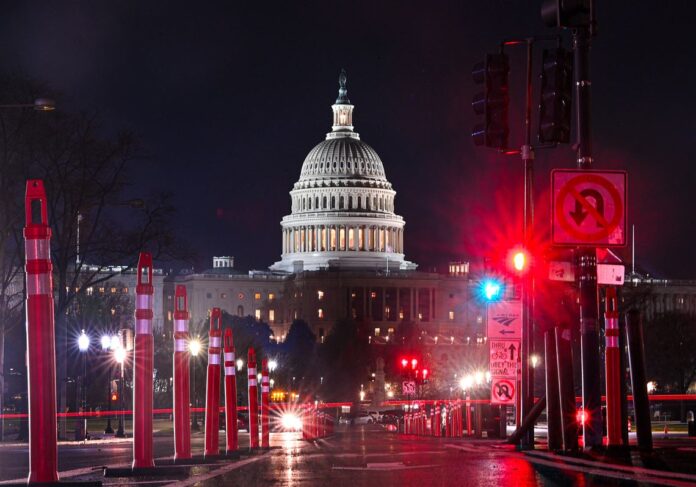
The United States narrowly avoided a government shutdown in the early hours of Saturday after the Senate passed a bipartisan funding bill that will temporarily manage federal operations and disaster aid. The Senate worked late into the night, passing the bill by a significant margin of 85-11, just past the midnight deadline.
Earlier, the House of Representatives had approved the bill, introduced by Speaker Mike Johnson, with overwhelming support, passing it by 366 votes to 34. The bill was then sent to the Senate, where lawmakers worked against the clock to ensure its passage before the crucial deadline to avoid a shutdown.
“This is a good time for the country,” Speaker Mike Johnson said following the House vote. He also mentioned that he had spoken with President-elect Donald Trump, who expressed his satisfaction with the outcome.
The bill now heads to President Joe Biden, who is in the final month of his presidency. Biden is expected to sign the bill into law, officially averting the shutdown.
The funding package is a 118-page document that will keep the US government funded at current levels through March 14, 2025. It also includes significant disaster aid, with $100 billion allocated for emergency response, and an additional $10 billion in agricultural assistance to support farmers across the nation.
What Is a Government Shutdown?
A government “shutdown” occurs when Congress fails to pass the necessary legislation to fund government operations, whether temporarily or more permanently, and the President does not sign the measure into law. During a shutdown, federal operations deemed “non-essential” are suspended, and hundreds of thousands of government employees may be furloughed or forced to work without pay, with the expectation of receiving compensation once the shutdown ends.
The passage of the funding bill is seen as a temporary solution to ensure the continuity of government operations while lawmakers work on a longer-term budget plan. The shutdown scare highlights the ongoing tensions in Washington over government spending and priorities, as well as the looming transition between the outgoing administration and the incoming one.
In related news, President Biden’s final month in office will see several significant policy decisions, with the new Congress under President Trump expected to bring its own priorities to the legislative table. However, for now, the US government can breathe a sigh of relief after narrowly avoiding a shutdown.
Sources By Agencies



